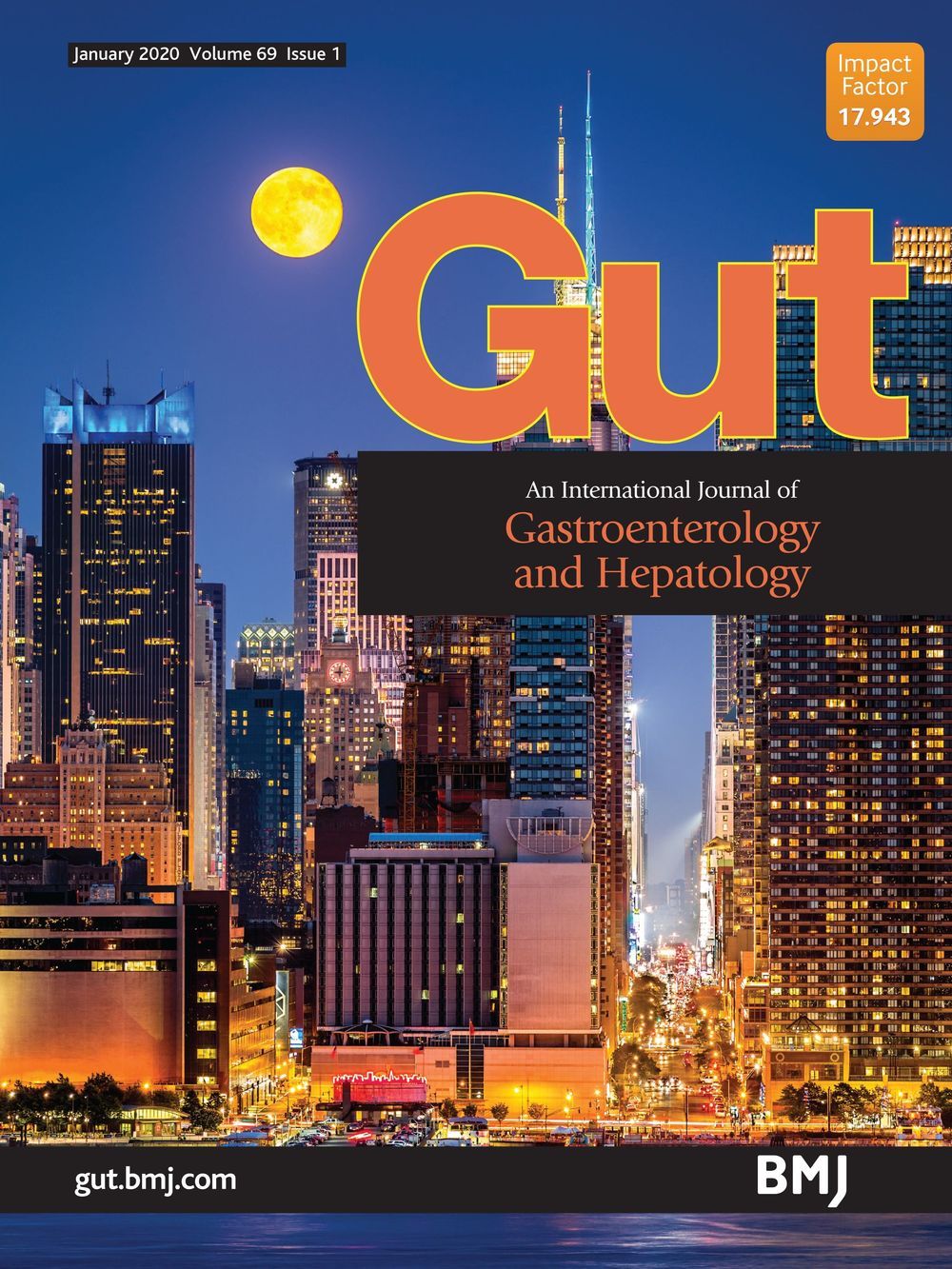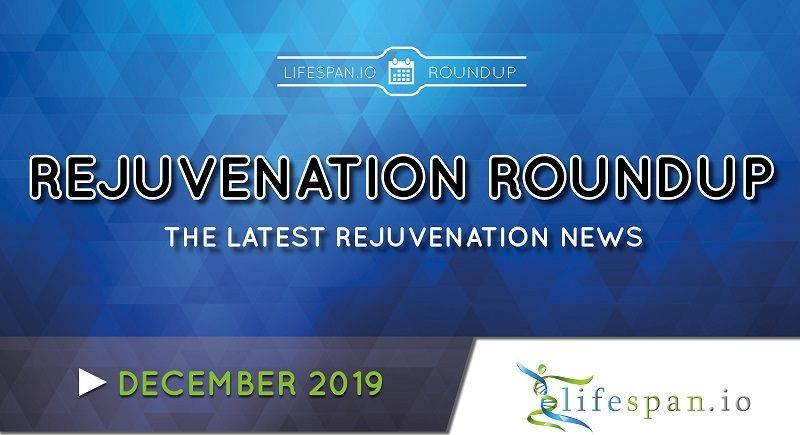Dec 21, 2019
New Tests Use Epigenetics to Guess How Fast You’re Aging
Posted by Derick Lee in categories: biotech/medical, genetics, life extension
From the beginning of time, humankind has searched for the secret to a long life. Now science may have found an answer, in the form of molecular augury. The pattern of chemical chains that attach to the DNA in your cells—on-off switches known as epigenetic markers—can reveal how swiftly you are aging, and perhaps even how much longer you will live. While genetic testing might tell you where you came from, epigenetics promises a glimpse into the future. Now, a handful of companies are offering commercial blood or saliva tests based on the science of epigenetics—a chance to find out how old you truly are.
Companies claim they can now easily calculate your biological age. Should you take them up on it?


















